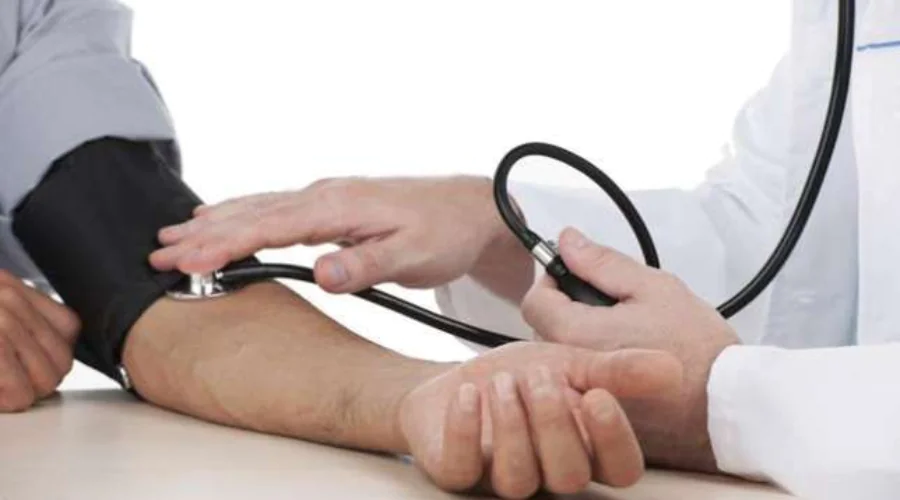
- 19 May
- 2022
Ilustrasi gambar (Pinterest)
UM Surabaya Lecturer Describes 5 Ways of Early Handling to Prevent Hypertension
Blood pressure is a simple and easy to measure hemodynamic parameter. Hemodynamics is a condition where blood pressure and flow can maintain the exchange process of substances in body tissues.
Ira Purnamasari Lecturer at the Faculty of Health Sciences (FIK) Muhammadiyah University of Surabaya (UM Surabaya) shared five tips on how to treat hypertension early. Ira explained that hypertension causes changes in the blood vessels which results in a person's blood pressure getting higher. Therefore, early treatment of hypertension is very important to prevent complications from occurring in several organs, namely the heart, kidneys and brain.
"Some literature explains that hypertension is closely related to cardiovascular disease morbidity and mortality," explained Ira Thursday (19/5/22)
According to him hypertension is a condition where the systolic blood pressure is more than 120 mmHg and the diastolic pressure is more than 80 mmHg. Several symptoms can appear as a sign that other body systems have been affected by hypertension.
"Usually characterized by headaches, vertigo, shortness of breath, angina pain or chest pain caused when the heart muscle does not get enough oxygen-rich blood, bleeding in the nose (epistaxis), changes in visual acuity, and excessive urination at night (nocturia). ,” explained Ira again in a written statement.
Next, he explained several ways of lifestyle modification as an early treatment for hypertension, the first of which is to lose weight.
A person's weight gain or loss depends on the number of calories consumed and the number of calories burned by the body during activities. Excessive calorie intake that is not accompanied by physical activity can make you gain weight, this is because unused calories will be stored in the body as fat.
“A person who is overweight or obese is recommended to lose weight until they reach their ideal body weight. Because it has a higher risk of plaque formation to narrow blood vessels. This condition will make the heart have to work harder and lead to hypertension," he added.
The next way is exercise or exercise to increase high-density lipoprotein (HDL). Doing regular exercise, especially walking, jogging, cycling, swimming and gymnastics can reduce blood pressure by 5–10 mm Hg. Exercise can be done for 30-60 minutes 3-5 times a week. Exercise helps increase levels of HDL or good cholesterol in the blood. Higher HDL levels are associated with a lower risk of heart disease.
“Exercise for people with hypertension also functions to increase heart rate and breathing. So that it can efficiently maintain the health of the heart and blood vessels in the body. Regular exercise can also prevent hypertension from getting worse," he said.
Furthermore, Ira explained that it is important for someone to reduce stress. When a person experiences stress, the hormone adrenaline will be released and will then increase blood pressure through contraction of the arteries (vasoconstriction) and increase in heart rate. If stress continues, blood pressure will remain high so that person will experience hypertension. In addition to the adrenaline hormone, the hormone cortisol also increases. As a result, the body will store a lot of fat, triggering weight gain to cause hypertension.
"Hypertensive sufferers can control stress in several ways, namely relaxation techniques, meditation, yoga, or other activities they like. According to the literature, this technique can reduce the production of the hormone cortisol in the body," he added.










(0) Comments